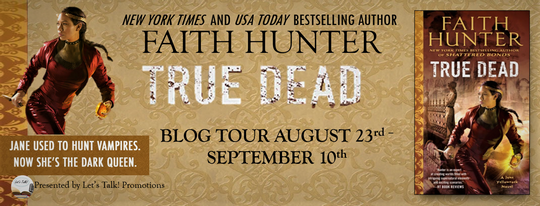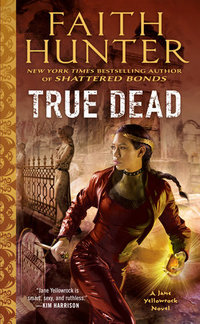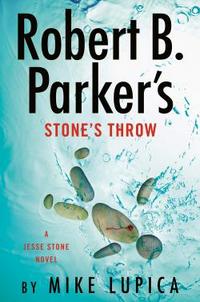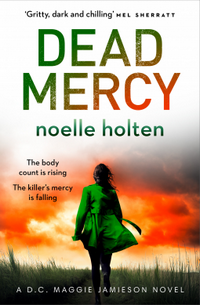 |
Dead Mercyby Noelle Holten eARC, 416 pg. Read: October 4-5, 2021 |

What’s Dead Mercy About?
The closing chapter of Dead Secret set this up (as Holten is so good about doing): a business has gone up in fire and a body has been found inside—possibly the body of someone Maggie’s worked with in Probation. From the start, this case has its hooks in Maggie.
It’s soon decided that the body was the source of the fire—and before the victim had been set ablaze, he’d been restrained and had teeth pulled. The killer had wanted to punish him, not just kill him.
Soon another victim is discovered—and the team has to race to find a connection so they can prevent anyone else from suffering this fate.
When the link is finally discovered, it suggests potential new victims as well as several suspects. It also shines a bright light on a striking failure of the criminal justice system.
Bethany and Kat
Back when I talked about Book 3, Dead Perfect, I wrote that they were overworking PC Bethany Lambert, “Miscellaneous errands, thankless tasks, things requiring technological expertise, and more fall to her. I lost track of how many things Maggie threw her way to do—on top of her own assignments. I have multiple notes about how they’re working this woman to death.” They’ve yet to let up on her—however, it’s talked about both as the way she likes to work and as something other people are concerned about. This is efficiently done—the characters around her get to be observant and sympathetic, and they can continue to throw too much work at her so Holten doesn’t have to create 2-3 more characters to keep the stories moving at that pace.
Dead Perfect was also where DC Kat Everett was added to the team—she’s better integrated into the action over the last couple of books now and I really enjoy her. I’m ready to read a spin-off series focusing on her now, either in her same assignment or transferred somewhere. Her brashness would make for a fun protagonist (not that Maggie isn’t brash, but hers is a side-effect of her impetuousness).
A Refreshing Approach
With most police procedurals you get the maverick, lone-wolf detective—maybe with a couple of people they trust. Or (particularly with UK-based procedurals), you get a focus on a detective squad. With the Maggie Jamieson books, we get a good look at her squad, probation services, and other social services.
Not just as a drop-in for a convenient bit of information, either. But characters that matter, there’s interconnectedness between the groups and it’s good to see the flow of information (formally, informally, unauthorized) informing the investigations. I like seeing that approach, and I like to think it reflects reality far more than any lone-wolf thumbing their nose at regulations.
Although, the pathologist still seeming to hold a grudge over one of her staff being (justifiably) questioned a while back seems to be petty. Which, so it’s not all super-professional and mutually helpful.
Let’s Hope This Is Fiction
Not every author spends too much time on the motivation behind the killings, but an author that gives a believable motivation separates their work from the pack. This is another of those areas that Holten excels in.
Yes, this is a work of fiction. Yes, things are heightened. But when you read this, there’s going to be a voice in the back of your head saying, “I could see that happening.”
Not only that, there’s a pretty good chance that you’re going to be a little conflicted about the crimes. Odds are, you’re not going to be hoping that Maggie and her team fail, or that the killer (killers?) gets away with it. Buuuut…once you understand the motive pushing the killer(s), you may not feel that bad about what happens to the victims.
So, what did I think about Dead Mercy?
Holten’s got this down now—the characters and world are well established, as are the relationships in them. Despite the relatively brief chronology between books 1-5, there’s been some decent character growth on several points, too. So a new Maggie Jamieson thriller is a chance to spend some time catching up with new acquaintances while getting to go for a pretty intense ride as those acquaintances try to stop a brutal killer.
Okay, maybe that’s not the ideal way to catch up and check in on anyone, but it’s a pretty exciting read.
Crime Reads had that piece a couple of weeks ago discussing “all crime is cyber crime,” which was ringing in my ears as I read this. This very visceral series of murders is evidence to support that thesis—cyber-policing wasn’t enough to stop the series, either, but it played its part. Holten’s always been good at balancing the computer-work and the boots-on-the-ground policing but might have outdone herself here.
The accent does fall on the physical world, of course, given the nature of the crimes. If your stomach doesn’t church a little at the description of the murders (likely both as they’re happening and as the pathologist breaks them down), you’re made of pretty stern stuff. Thankfully, Holten’s narration doesn’t ever seem to relish in the disturbing details as too many do.
Basically, this is a top-notch thriller with a lot for the reader to chew on as they’re burning through the pages.
It does appear that this is going to be the last Maggie Jamieson book–at least for a while. I’m hoping it’s just a break, and we get back to Maggie and the rest of the Major and Organised Crime Department soon. If not? These five books are a great set and I (again) strongly recommend them to you.
Disclaimer: I received this eARC from HarperCollins UK via NetGalley in exchange for this post — thanks to both for this.

![]()


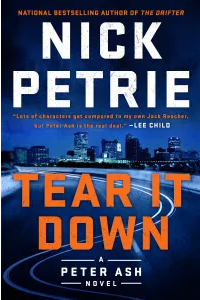



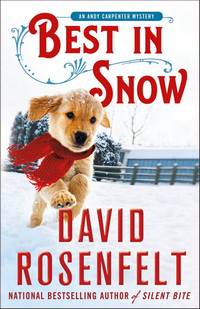
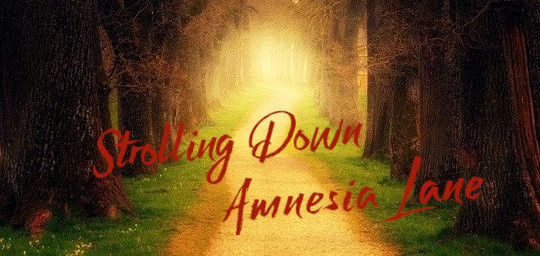
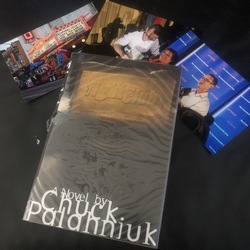
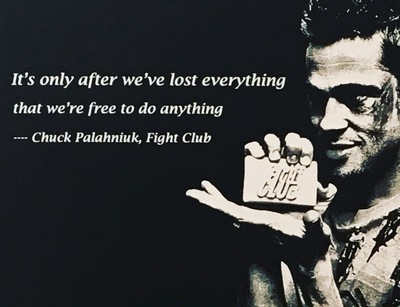
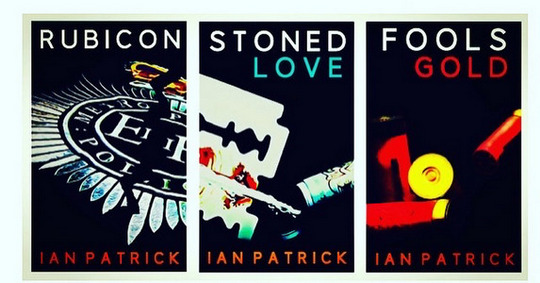
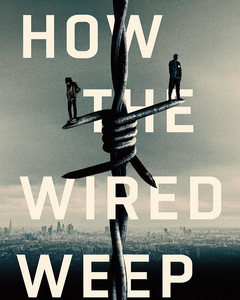
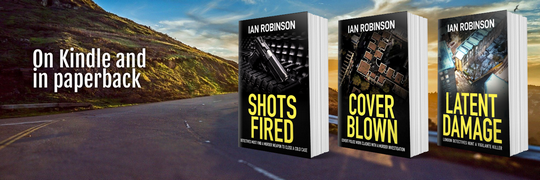
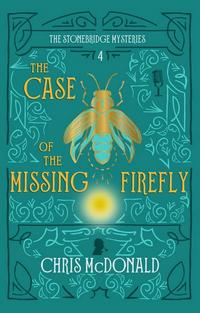
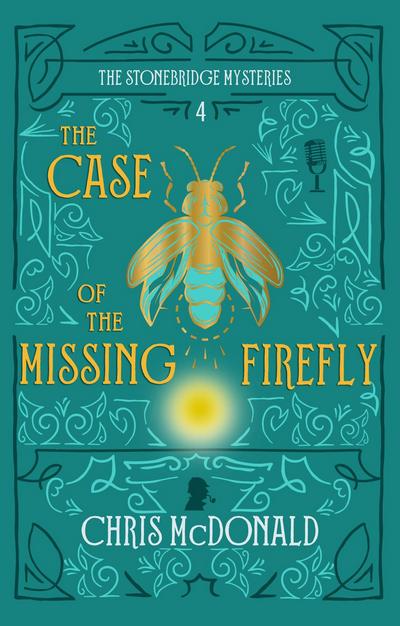


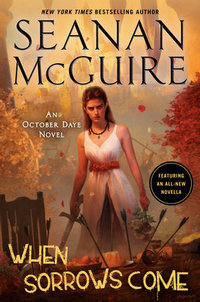
 You haven’t read the first fourteen Toby Daye novels—or you didn’t like them. The former I completely understand, the number of supposedly great series that I don’t have time for is large enough that I can sympathize. The latter? I can accept that people like you exist, but I don’t know if I can ever understand it
You haven’t read the first fourteen Toby Daye novels—or you didn’t like them. The former I completely understand, the number of supposedly great series that I don’t have time for is large enough that I can sympathize. The latter? I can accept that people like you exist, but I don’t know if I can ever understand it
